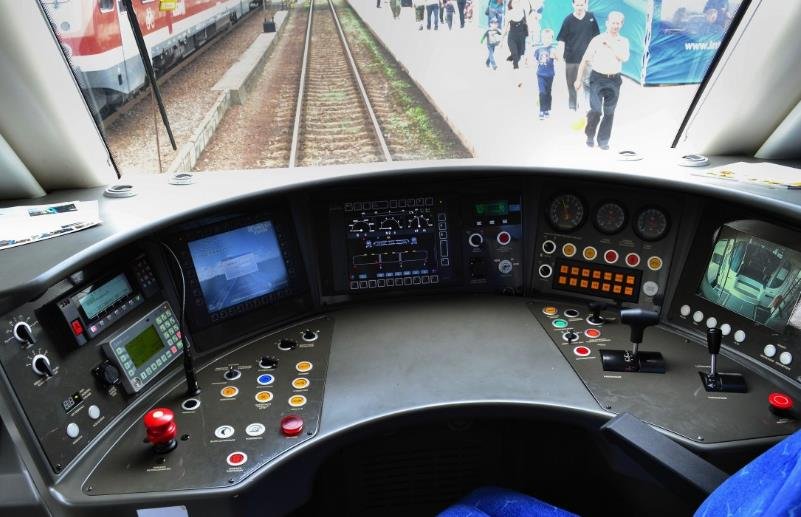Rail passengers in northern England faced major disruption on Wednesday as a 24-hour strike by train drivers stopped all Northern and TransPennine Express (TPE) services. The strike, which started at midnight, was the second in a series of rolling stoppages by members of Aslef, the drivers’ union, over a pay dispute.
Both Northern and TPE advised customers not to attempt to travel by rail on Wednesday, as no alternative transport was provided. The strike affected services across the north of England, including Manchester, Liverpool, Leeds, Sheffield, Newcastle, and York, as well as some cross-border routes to Scotland and Wales.
The strike also coincided with an overtime ban by Aslef members across all train operators in England, which resulted in more short-notice cancellations and delays. The overtime ban will continue until next Tuesday, causing further disruption to rail services.

Train drivers demand fair pay and industry reform
The strike was part of a long-running dispute between Aslef and the train operators contracted by the Department for Transport (DfT), which started in early 2021. The drivers are demanding a pay rise that reflects the cost of living and the increased workload and responsibility they face due to the Covid-19 pandemic and the industry reform.
Aslef’s general secretary, Mick Whelan, said: “Our members have been treated with contempt by the government and the industry. They have had no pay rise for the last two years, while inflation has soared to 14%. They have been asked to work harder and longer, with less rest and more stress, to keep the country moving during the crisis. They have been promised industry reform, but they have seen no evidence of it.”
Whelan said that the drivers were left with no choice but to take industrial action, after the government and the industry failed to engage in meaningful negotiations. He said that the drivers were willing to talk, but they wanted a fair and realistic offer that recognised their value and contribution to the rail network.
Government and industry urge unions to end the strikes
The government and the industry condemned the strikes, saying that they were causing unnecessary hardship and inconvenience to passengers and businesses. They urged the unions to end the strikes and return to the negotiating table.
The DfT said: “The strikes are unjustified and unacceptable. They are harming the recovery of the economy and the environment, as well as the wellbeing of passengers and staff. The unions should call off the strikes and work with us to find a solution that is fair and affordable for everyone.”
The Rail Delivery Group, which represents the train operators, said: “The strikes are damaging the reputation and the future of the rail industry. They are undermining the efforts to attract more passengers and investment, and to deliver better services and value for money. The unions should work with us to achieve a sustainable and modern rail system that benefits everyone.”
The strikes are expected to continue until next Monday, affecting different train operators on different days. The last strikes will take place at Great Western, CrossCountry, and Chiltern on Monday. The passengers are advised to check the latest travel information before planning their journeys.
















